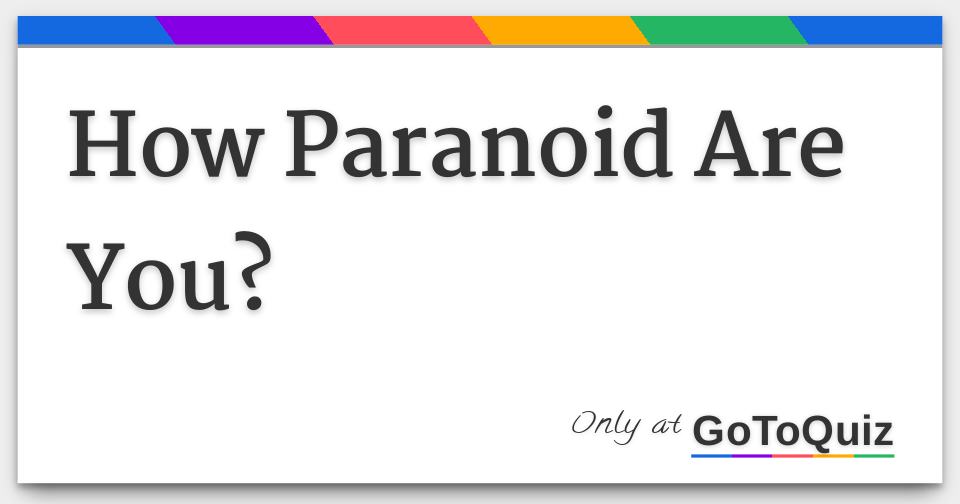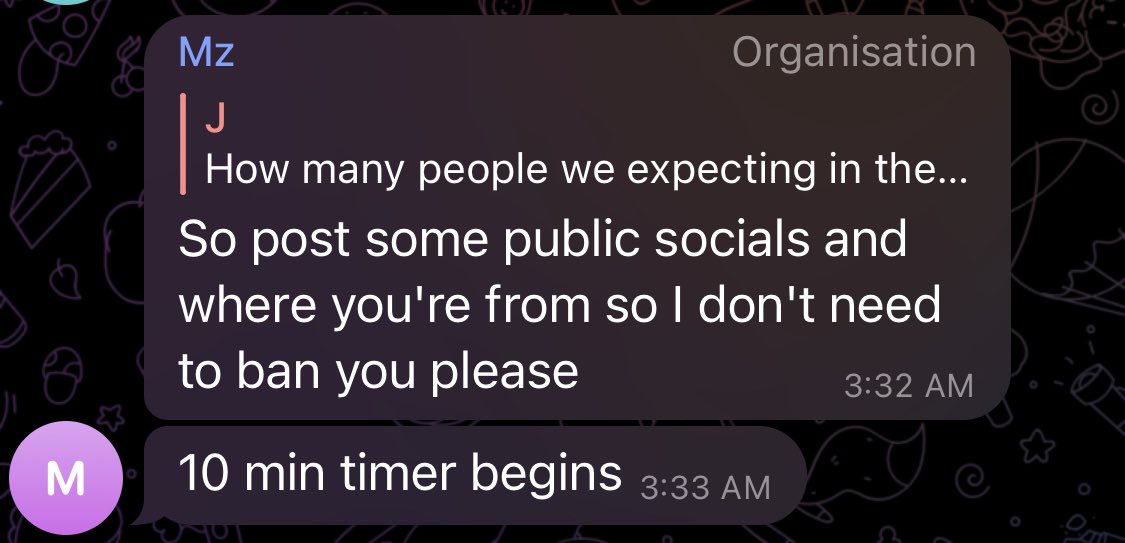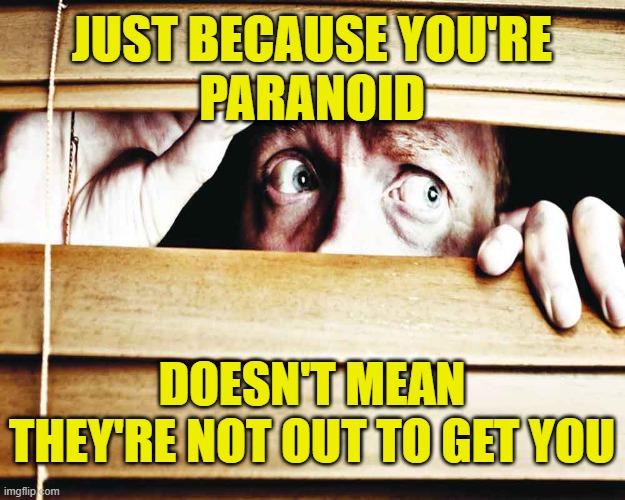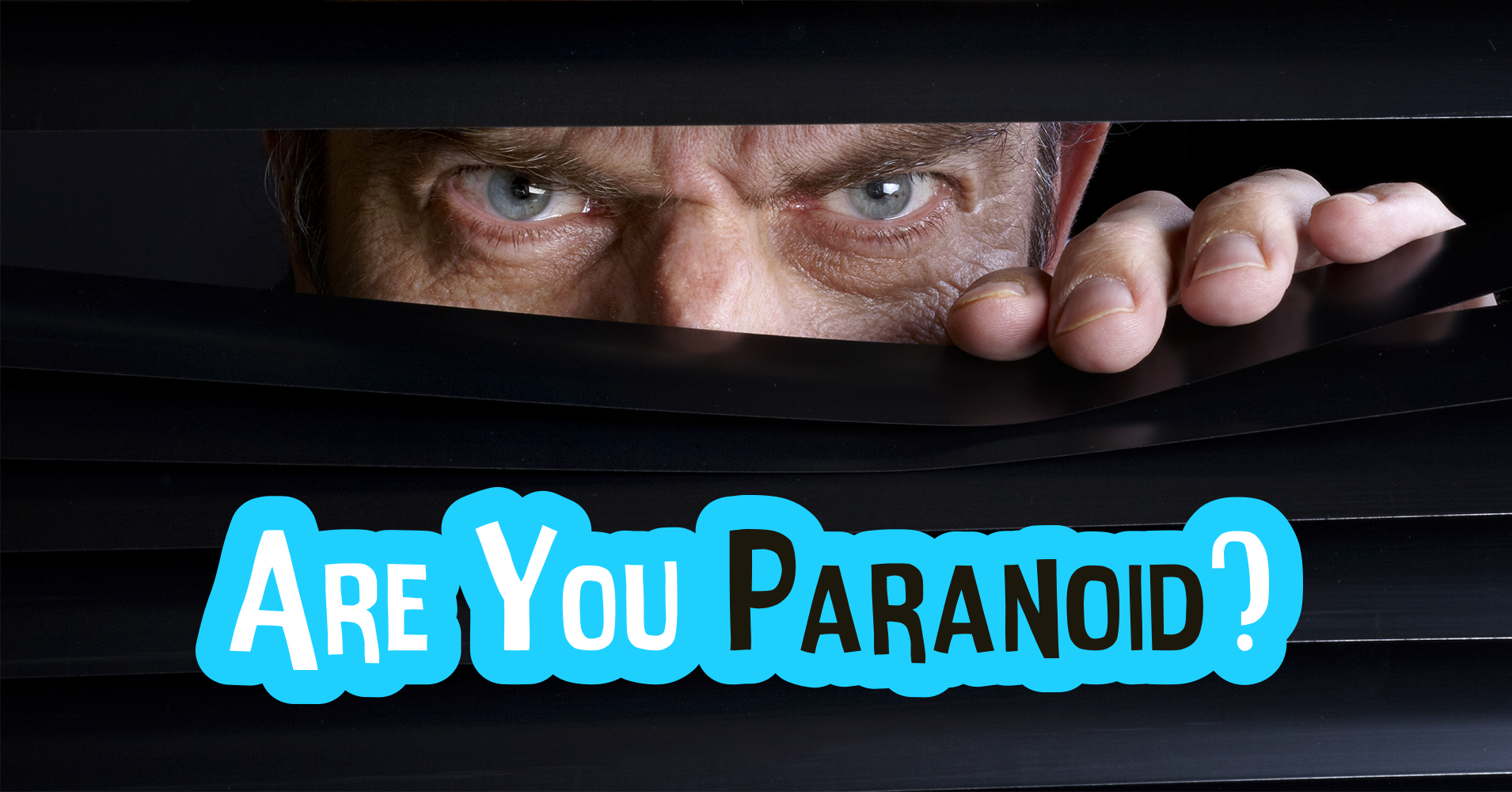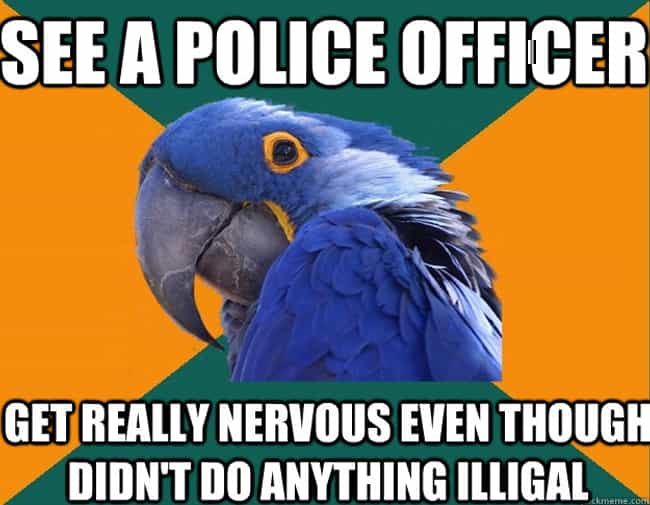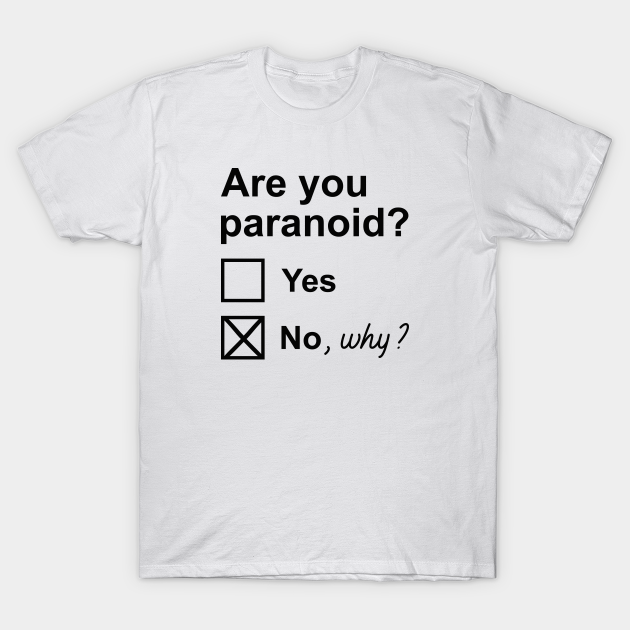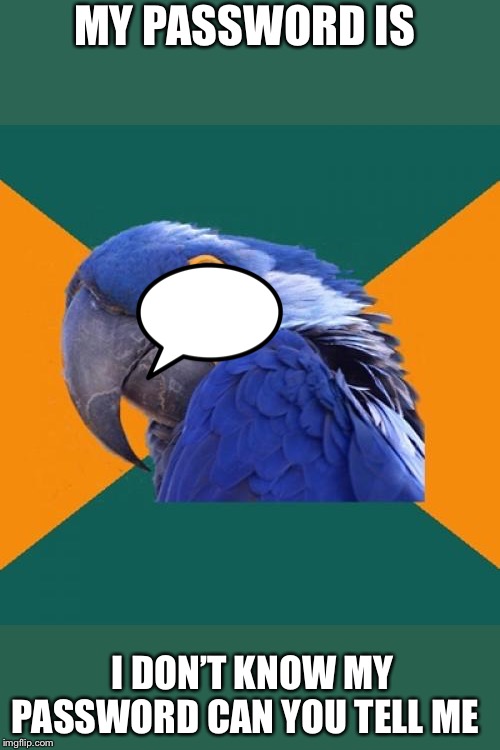Outstanding Tips About How To Tell If You Are Paranoid
:max_bytes(150000):strip_icc()/early-signs-schizophrenia-5101519_final-6861147c5e4e4a09956011952057ba72.jpg)
Paranoid symptoms may range from mild to severe.
How to tell if you are paranoid. Paranoia is a feeling you might get if you believe you're in danger, but there is little to. Avoiding social events and interactions. Feeling suspicious of everyone and everything.
Symptoms of paranoia may be more severe. Examples of early symptoms that might predict the onset of schizophrenia with paranoia include: You may also be suspicious or mistrust other.
Becoming emotionally distant, angry, defensive, or secretive can be hints that your partner is being unfaithful, as can intense suspicion directed toward you. You might find that your point of view reassures them and gives. > types of mental health problems.
Paranoid personality disorder and paranoid schizophrenia belong to separate diagnostic categories in the dsm, but people often confuse the two. It can be helpful to track your triggers. They depend on the cause but, generally, a person who is paranoid may:
Identify situations that trigger you: People experiencing paranoia may show some of the following symptoms, ranging from mild to severe: To diagnose paranoid personality disorder (ppd) a doctor will start by performing a complete medical history and physical examination.
Explains paranoia, including possible causes and how you can access. Three women's lives are changed. Some of the symptoms of paranoia include:
If you have paranoid personality disorder, you may think others around you are being mean or deceitful toward you. Feelings of anxiety and panic that last a long time or get in the way of your daily life might be signs of an anxiety disorder. Paranoia is characterized by intense and irrational persistent feelings of fear, anger, and unfounded betrayal, which manifest in symptoms and behaviors such as:.
Having a hard time trusting that others are telling you the truth. Signs and symptoms may vary, but usually involve delusions, hallucinations or disorganized speech, and reflect an impaired ability to function. Paranoid beliefs can make people feel isolated but talking about them can help reduce stress.
Intense and irrational mistrust and suspicion. You may notice that certain feelings or situations trigger paranoia. Feeling like people or institutions have hidden agendas.
> information and support. Here are some common signs that someone may be experiencing paranoia: Constant stress or anxiety related to beliefs they have about others.
